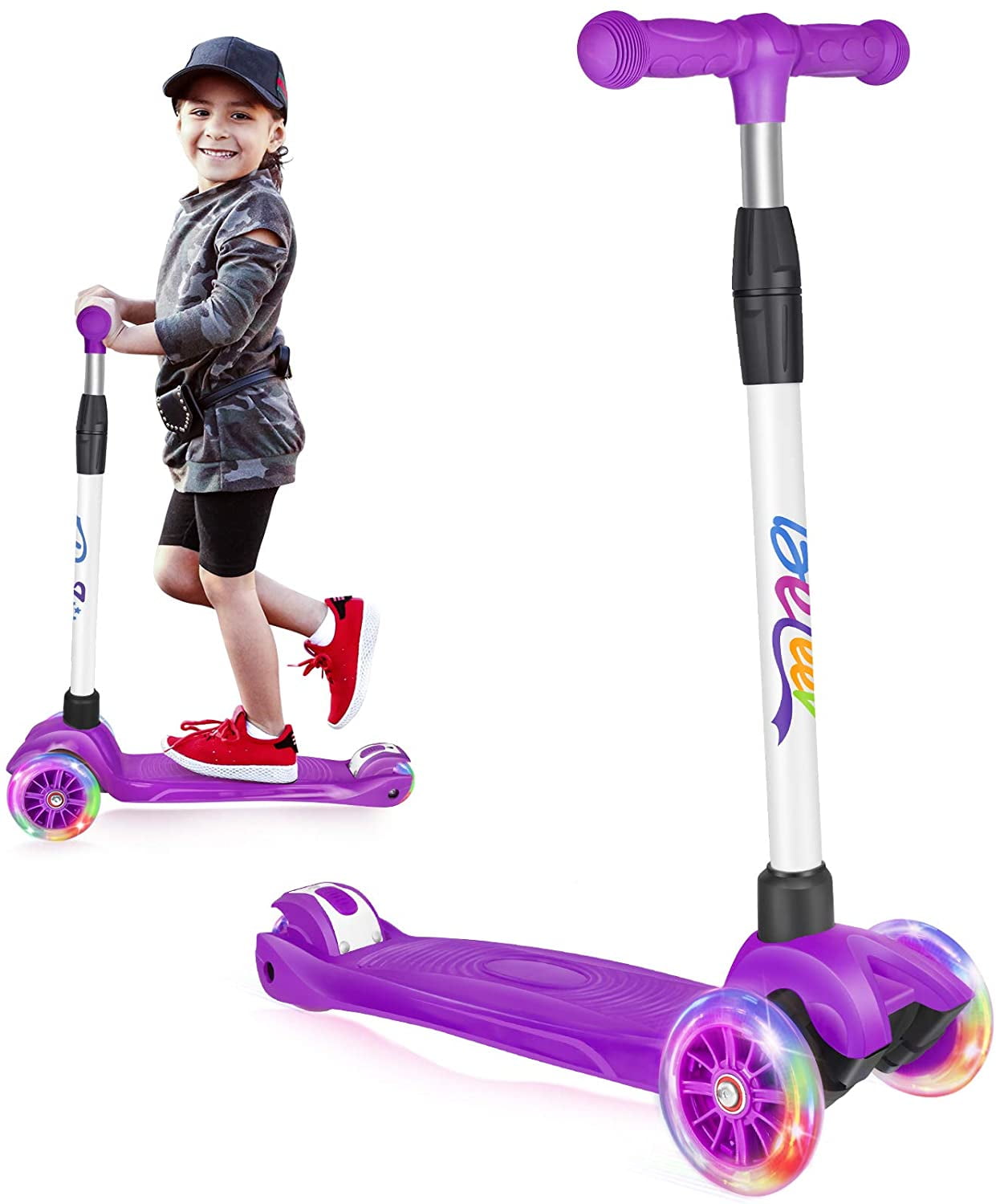

* The scooters are manufactured across 15 different Chinese plants, but Hyman said the company might start assembling the scooters in the U.S. That’s in part thanks to a design partnership the company formed with a firm out of China.

The Unagi scooter itself is undoubtedly beautiful. I actually have nine UC Berkeley MBA students right now helping me figure out the market size.” “I don’t know if that’s one percent of the market or five percent of the market or 10 percent. “A lot of people are going to go through the decision cycle I went through, which is that they prefer ownership,” he said. Though, Hyman admits he does not have any data to back up that hypothesis. Hyman is betting that after people become accustomed to riding electric scooters via the likes of Bird, Lime, Spin, Skip and so forth, they’ll realize it’s cheaper to just buy their own. Unlike the other electric scooter startups that have cropped up over the past year, Unagi is taking a different approach. Launching on Kickstarter today, Unagi is looking to raise $30,000 and start shipping the scooters in January. That’s where Unagi, founded by Hyman, comes in. He landed on one he found on Alibaba, but still wasn’t completely jazzed about it.
#Buy submerge scooters minnus portable
Hyman was looking for one that was portable and lightweight, with good range, torque and motor power. “And so that embarked on a journey to find one to buy, but I couldn’t find a good one to buy in the U.S.” “I just want one when I open my door and I want to take it on BART (Bay Area Rapid Transit) and jump off and go wherever I want,” Hyman said. That’s when Hyman said he had his epiphany. But as he was approaching the scooter, someone scooped it up. He proceeded to look for the closest scooter, which was about one-quarter mile away, he said. Once he got back outside, the scooter was gone. One day, Hyman rode one of these shared electric scooters to a grocery store in Oakland to buy some ice cream. While at this real estate company, Hyman said he started riding electric scooters everywhere, realizing that “it was so much better to get on a rideshare scooter than to drive my car or take an Uber.” Because the music industry has changed so much, he said he didn’t want to do another music company. Hyman was an entrepreneur in residence at a giant real estate company. About a year ago, David Hyman, former Beats Music CEO and co-founder of music startup Mog that eventually sold to Beats Music, did something that was “very abnormal for me - career-wise,” he told TechCrunch.


 0 kommentar(er)
0 kommentar(er)
